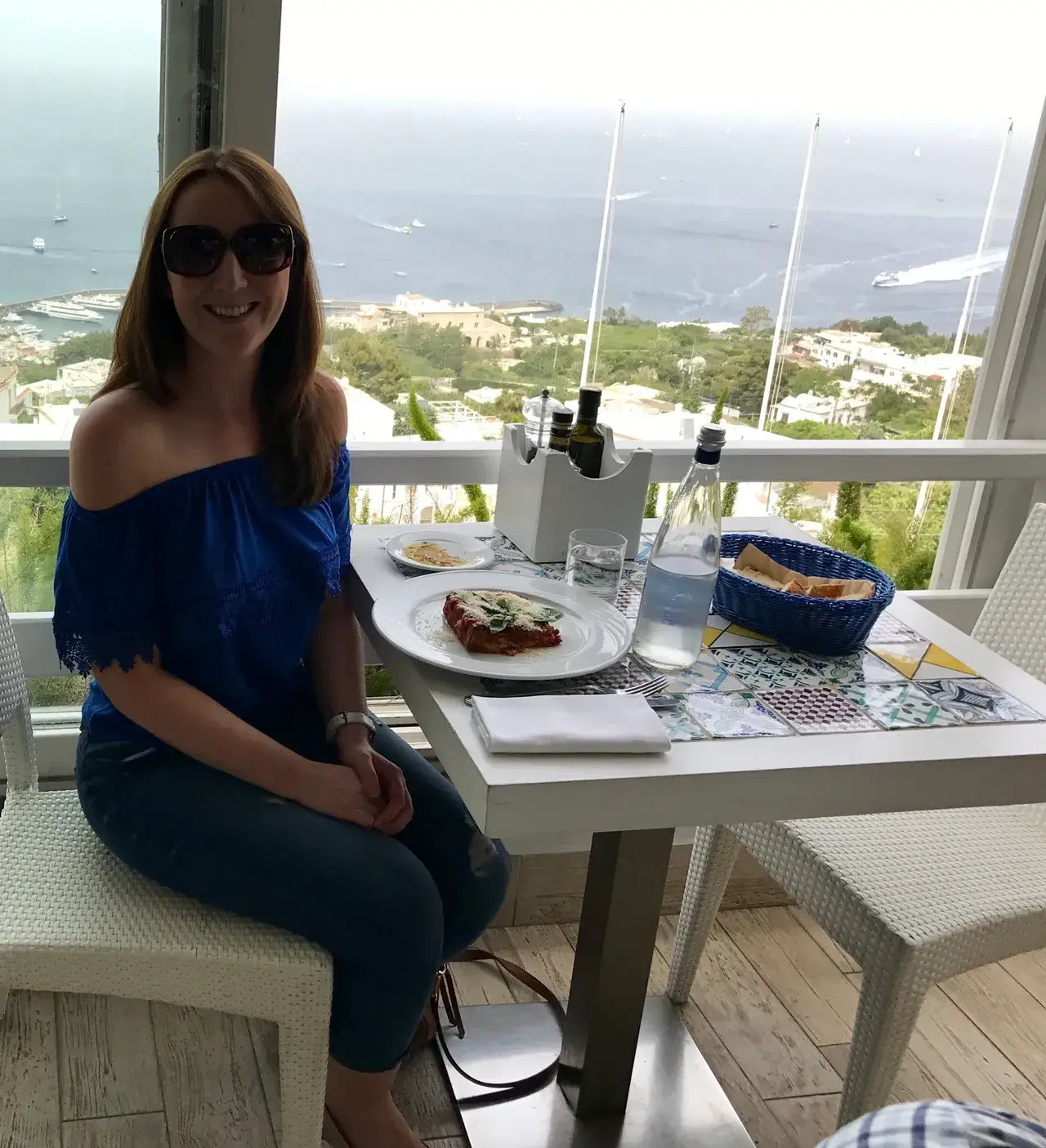Expectations and holidays: Finding the balance

In recent years neuroscientists at UCL have been conducting a programme of studies exploring what contributes to our ‘happiness’. They have found, using large samples, that having realistic expectations results in us feeling more satisfied (Rutledge et al., 2014). This of course sounds very plausible; in life if we expect there to be challenges or that things may not always go as planned, we are less likely to feel disappointed or disheartened. We may also to take challenges in our stride.
When it comes to travel, we may have saved up and waited for a long time to get away. , The current flight delays and travel chaos may also mean that holidays are far from hassle-free. So given these additional challenges, we might feel more ‘pressure’ to have the ‘perfect’ holiday. To stop this ruining our time away, I’ve put together this blog post to help you to stop expectations from getting in the way of enjoying your travels.
Be clear, but not rigid about your hopes
According to tourism research, there are four main motivations for booking a trip; novelty seeking, relaxation or escape, relationship enhancement, or self-development (Pearce and Lee, 2005). These are very broad categories and it may be helpful to be more specific and to use your own words about what you may be seeking from your trip. Examples may include having adventures, seeking a different perspective, experiencing a new culture, spending time with your partner etc. These motivations will change based on your life stage and circumstance so it can be helpful to think carefully about this.
Our internal motivations are known as ‘push’ factors, and the characteristics of destinations that draw us are called ‘pull’ factors (Klenosky, 2002). Obviously it is helpful to ensure there is a match between hopes for your trip, your own personality and preferences, and the destination, and even the accommodation you choose. So for me, as an introvert if I was seeking relaxation it’s unlikely that a week in Las Vegas would be my cup of tea! However if I wanted to experience something different and was willing to prepare myself psychologically for the feeling of sensory-overwhelm then I would be more likely to enjoy it (perhaps..).
Dealing with challenges
Being clear about what you want helps. Being rigid on the other hand can be a hinderance. Let’s say you’ve saved up for two years and you expect everything to go perfectly and to feel 100% happy all of the time when you’re away. This is a recipe for being disappointed. One way to mitigate this is to think in advance about how you might ‘reframe’ or view any challenges. For example, seeing the hassle of flight delays as ‘worth’ the chance to get away or reframing challenges as part of the adventure of a trip. It can also help to think about how you might want to respond if things go wrong, for example committing to being calm and constructive if things do not go as hoped.
Appreciating the positives
As humans we adapt to experiences and circumstances that are enjoyable and pleasurable. This means that even in ‘ideal’ circumstances our positive emotions can reduce very quickly, an effect known as hedonic adaptation. We naturally get used to pleasurable things and they no longer feel as enjoyable. We can mitigate this by intentionally focusing on the positives. For example, we might list experiences that we are grateful for on each day of our holiday. It can also help to stay fully ‘present’ for the small everyday pleasures by using techniques such as mindfulness.
I’m going to finish by sharing an anecdotal experience to bring these points to life. Four years ago I left a difficult job and embarked on a solo trip around Italy and Greece. So many things went wrong, from choppy seas and ferry strikes, to missed flight connections, being stuck in Athens for two days, and an Uber driver that got us both very lost! Despite the challenges, I thoroughly enjoyed my trip and still look back with fond memories often. I can still remember sitting in Naples with a coffee and a brioche watching the world go by, and the sensations of being in the water on many Greek beaches. For me what I needed at that time in my life was adventure, perspective and to regain confidence in my ability to deal with whatever life threw it me. It certainly provided that!
References
Cohen, S. A., Prayag, G., & Moital, M. (2014). Consumer behaviour in tourism: Concepts, influences and opportunities. Current issues in Tourism, 17(10), 872-909.
Klenosky, D. B. (2002). The ‘pull’ of tourism destinations: A means-end investigation. Journal of Travel Research, 40, 385 –395
Pearce, P. L., & Lee, U. I. (2005). Developing the travel career approach to tourist motivation. Journal of Travel Research, 43, 226 –237
Rutledge RB, Skandali N, Dayan P, Dolan RJ (2014) A neural and computational model of momentary subjective well-being. Proceedings of the National Academy of Sciences USA 111, 12252-12257.
Pulling it together
In summary, whilst personality can influence what we may want and need on our holiday, there are lots of other factors that will influence our travel choices. It’s easy to see that with so many factors at play and with the mass of information to sift through, we may not always fully meet our travel hopes and expectations! I’ve written another post on how to manage this here .
References
American Psychological Association (2021) Can a personality test determine if you’re a good fit for a job? With Fred Oswald, PhD. Speaking of Psychology Podcast.
Maltby, J., Day, L. & Macaskill, A. (2017) Personality, Individual Differences and Intelligence (4th Ed). Pearson.
If you found this helpful check out out previous post How can I make the most of a disappointing trip?
